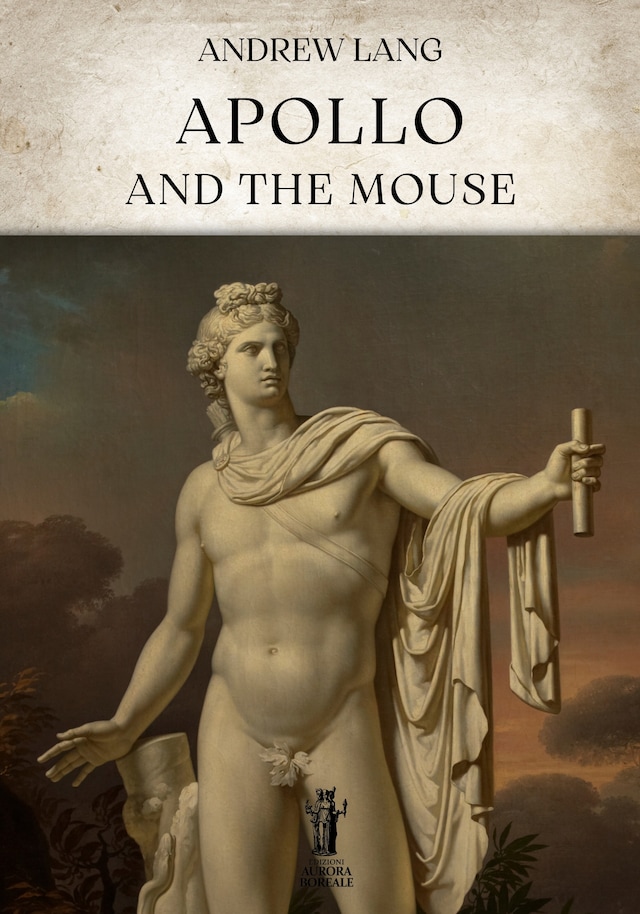
Apollo and the Mouse
Description of the book
Andrew Lang (1844-1912) was a Scottish poet, novelist, literary critic, and contributor to the field of anthropology. He is best known as a collector of folk and fairy tales. The Andrew Lang lectures at the University of St. Andrews are named after him.
From Lang’s fundamental essay Custom and Myth, published in 1884, we have drawn the study Apollo and te Mouse, which today we propose to modern readers.
Why is Apollo, especially the Apollo of the Troad, he who showered the darts of pestilence among the Greeks, so constantly associated with a mouse? The very name, Smintheus, by which his favourite priest calls on him in the Iliad, might be rendered 'Mouse Apollo', or 'Apollo, Lord of Mice'. Mice lived beneath the altar, and were fed in the holy of holies of the God, and an image of a mouse was placed beside or upon his sacred tripod. The ancients were puzzled by these things, and accounted for them by 'mouse-stories', Σμινθιακοι λοyοι, so styled by Eustathius, the mediæval interpreter of Homer. Following his usual comparative method, Andrew Lang asks whether similar phenomena occur elsewhere, in countries where they are intelligible. Did insignificant animals elsewhere receive worship: were their effigies elsewhere placed in the temples of a purer creed?
 Andrew Lang
Andrew Lang 52 Pages
52 Pages